Getting your smart home to play nice with all your devices has felt like navigating a maze of incompatible ecosystems. If you have been running Samsung's SmartThings as your connected home hub while carrying an iPhone, you know the daily friction of hopping between apps just to dim a lamp or nudge the thermostat.
Samsung finally delivered a fix that should make mixed-device households breathe easier.
The latest SmartThings update adds what the smart home crowd has asked for for years: native Siri Shortcuts support. You can trigger SmartThings Routines with simple voice commands through Apple's assistant, whether you are talking to your iPhone, Apple Watch, or HomePod.
Samsung announced that this integration lets iPhone and Apple Watch users control their Samsung-powered homes using Apple's voice assistant, easing what many viewed as an artificial barrier between otherwise compatible tech.
And the timing fits the moment. As smart home adoption accelerates and households mix brands more than ever, people want control that just works, no matter the logo on the box. This update goes straight to the pain for Apple device owners in SmartThings homes who used to juggle separate apps or rely on flaky workarounds.
Breaking down the ecosystem barriers
Why did cross-platform control feel so clunky? Because every command turned into an authentication detour and an app hunt. Before this integration, controlling SmartThings devices meant opening the dedicated app every single time, a process that required unlocking your phone, finding the app, waiting for it to load, then drilling down to the device or routine you needed.
The roadblocks were not just about convenience. SmartThings ran its own auth layer and API calls that iOS could not streamline through native frameworks. Third-party bridges like IFTTT tried to help, but Beebom points out they often lagged, taking 10 to 30 seconds to execute commands or failing during peak network times.
Now you can fire off multi-device routines with natural voice cues like "Hey Siri, I am leaving" or "Hey Siri, goodnight", and the whole house snaps to attention. Hindustan Times describes how actions that once needed the SmartThings app or a Galaxy device can now launch with simple voice prompts, shifting the experience from manual taps to conversation.
It works across Apple's lineup, too. Eastleigh Voice confirms support on iPhone, Apple Watch, and other Apple devices, so you can control your home from your phone, your wrist, or your HomePod. No partial support, no odd device gaps.
Samsung leaned on Apple's Siri Shortcuts framework directly. Business Standard explains it as "a feature in iOS that lets you run automations by asking Siri." Going native avoids the API limits and sign-in delays that dogged third-party tools, which means response times that feel close to HomeKit devices while keeping SmartThings' wide hardware compatibility. (Note: early reports say Siri Shortcuts currently open the SmartThings app to execute routines, which can add a visible app-launch step and may prevent background execution while the phone is locked.)
PRO TIP: The best commands are specific but conversational. Instead of "turn on morning routine", try "Hey Siri, good morning." Natural phrasing helps the system map your intent.
Enhanced Apple Watch capabilities unlock wrist-based control
Samsung's Apple Watch upgrades go beyond checking a box; they turn your wrist into a real control panel. The updated watchOS app now shows your complete device list and lets you send commands or execute routines directly from your wrist, according to DigiTrendz. Most platforms treat the watch like an afterthought. This feels like the opposite.
It is not just about flipping a switch. Older watch apps often limited you to basic on or off for single devices, which meant too many taps for anything complex. Samsung leans into what wrist-first control should be, speed when your hands are full.
MacRumors reports that users can switch locations, control individual devices, and manage their entire setup without reaching for an iPhone. Samsung even calls out everyday moments like unlocking a door or turning on lights before you step out of the car, the kind of quick actions where a watch shines.
The watch upgrades pair cleanly with Siri integration, so you can kick off a routine by voice and glance at your wrist to see it play out, or use the watch to tweak a setting after Siri handles the heavy lifting.
These wrist tools sit alongside iOS improvements that round out the experience. Samsung added Live Activities, and Beebom details how you can view and control up to five recently used devices right from your iPhone lock screen. Voice, wrist, lock screen, choose what fits the moment.
SmartThings' competitive advantage in device compatibility
This Siri tie-in spotlights SmartThings' biggest edge, broad device support that stretches well past Apple's HomeKit. HomeKit asks manufacturers to clear certification gates and use Apple's protocols. SmartThings supports over 300 brands and thousands of devices through Matter, Zigbee, and Z-Wave, as Eastleigh Voice notes.
Real homes are messy. You start with Philips Hue lights, add an Ecobee thermostat, install a Ring doorbell, then pick up Samsung appliances down the line. HomeKit might cover some of that mix. SmartThings can pull the whole set into one routine and one phrase.
Protocol diversity matters more than a big device count. Zigbee often brings strong battery life and mesh networking for sensors and switches. Z-Wave is a staple for locks and garage doors. Matter promises broader compatibility, but it is not everywhere yet. With SmartThings, you are not stuck with a single standard or forced to retire working gear just to expand.
Apple has taken what Apple Insider describes as "a more measured approach to Matter support, adding new features at a slower pace." That caution preserves Apple's polish and reliability, though it can slow support for newer devices or features that have not cleared certification.
Samsung's stance casts SmartThings as a universal platform that works no matter your phone, a useful trait in homes that mix Android and iOS. The Siri integration shows you can have broad compatibility without giving up native-quality experiences on Apple gear.
What this means for the smart home landscape
Samsung's Siri integration hints at a shift in how the big players compete in the smart home. Instead of making you choose between your favorite phone and your ideal home setup, Samsung is betting that interoperability makes the whole pie bigger. Hindustan Times emphasizes the win for "households where iPhones and Galaxy devices coexist."
That approach lines up with the market reality. Apple Insider notes that "Google, Apple, and Samsung all emphasize cross-platform support, with Matter helping standardize device compatibility," though each company still reveals its own playbook for how to grow.
For buyers, this is more than convenience. It changes what goes in the cart. In the past, iPhone users might have skipped SmartThings gear because control felt clumsy, and Galaxy owners might have avoided iOS-leaning accessories. With Siri Shortcuts baked in, that mental tax starts to disappear.
The rollout is simple, too. The SmartThings update with Siri Shortcuts support is live on the App Store (check the app's 'What's New' / release notes for your region).
PRO TIP: After updating, create custom Siri phrases for your top routines. Over time, the system surfaces smarter suggestions based on what you actually use.
The future of unified smart home control
Samsung's Siri Shortcuts integration for SmartThings Routines shows how cross-ecosystem moves can lift platform value while welcoming users from rival camps. It closes what Hindustan Times calls "a long-standing gap for Apple users living in SmartThings homes", and it keeps the deep device support and advanced automation that power users care about.
If this is the roadmap, the next wave of smart home progress favors adaptive connections over walled-off exclusives. As AI assistants get smarter and Matter continues to mature, expect the battleground to shift to flexibility, device breadth, and smooth cross-platform experiences.
The success here could nudge similar moves elsewhere. Maybe Google tightens Assistant ties on Apple devices, or Apple broadens how HomeKit plays with non-certified gear. The platforms that deliver complete home control while playing nicely with different phones and voice assistants will scoop up mainstream users as adoption grows.
Samsung's update puts SmartThings out front as a universal platform that still feels native, no matter your daily driver. For anyone who wants full-home control without changing phone loyalties, this integration clears one of the last big hurdles. Cooperation over competition, that is the smart home future that actually feels smart.




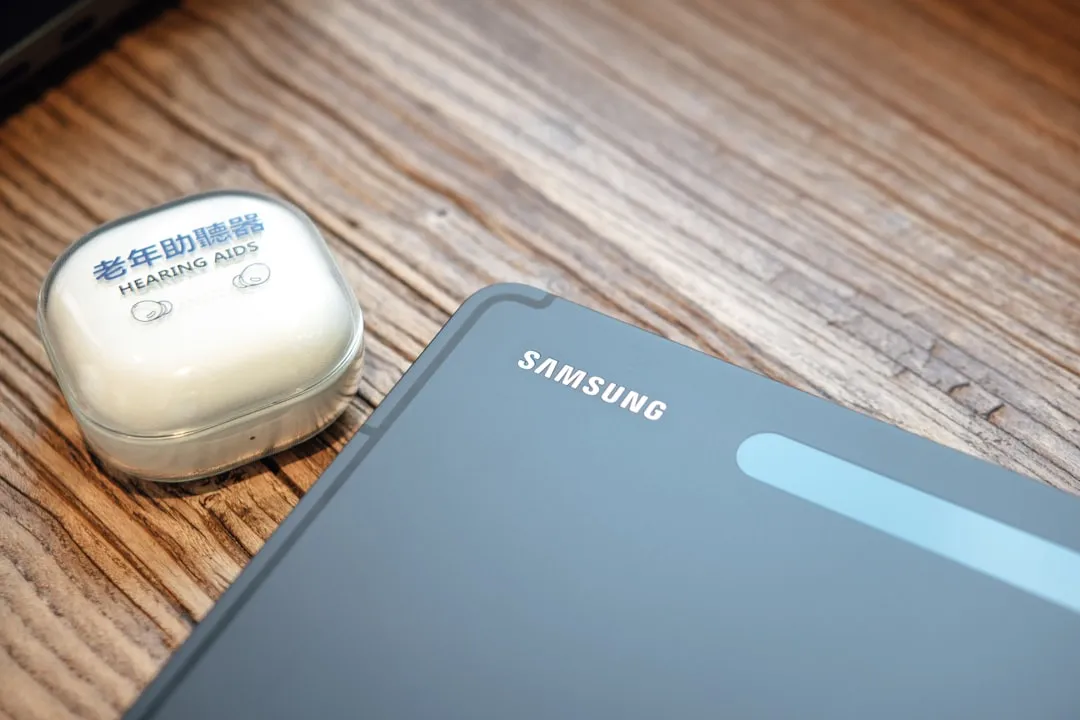
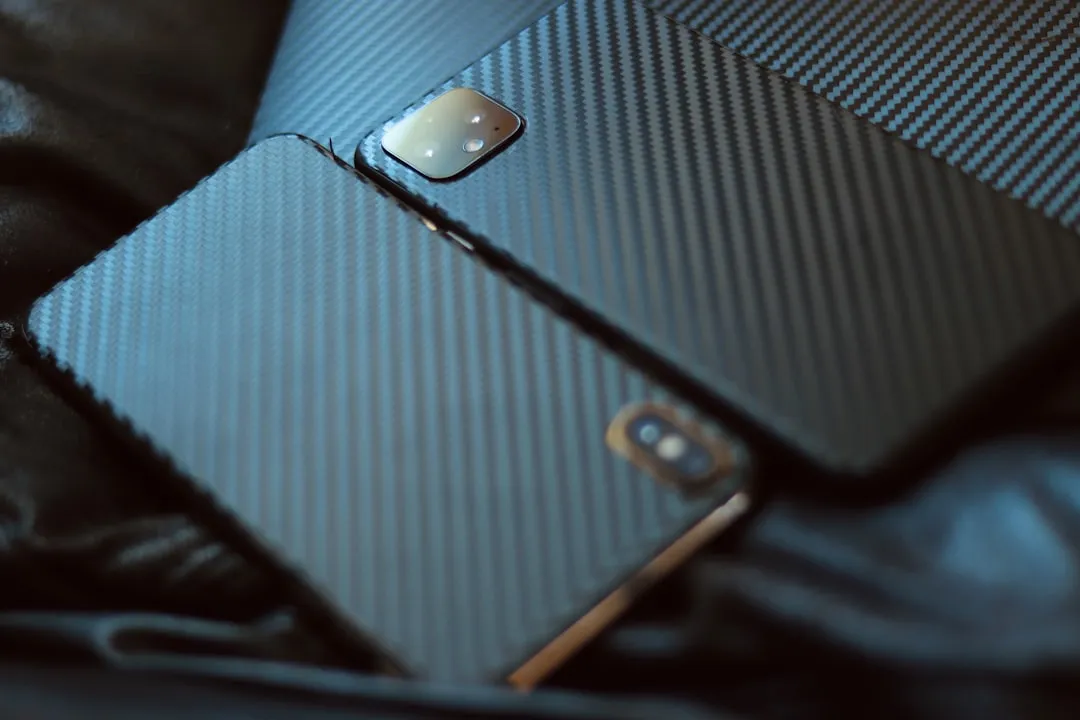


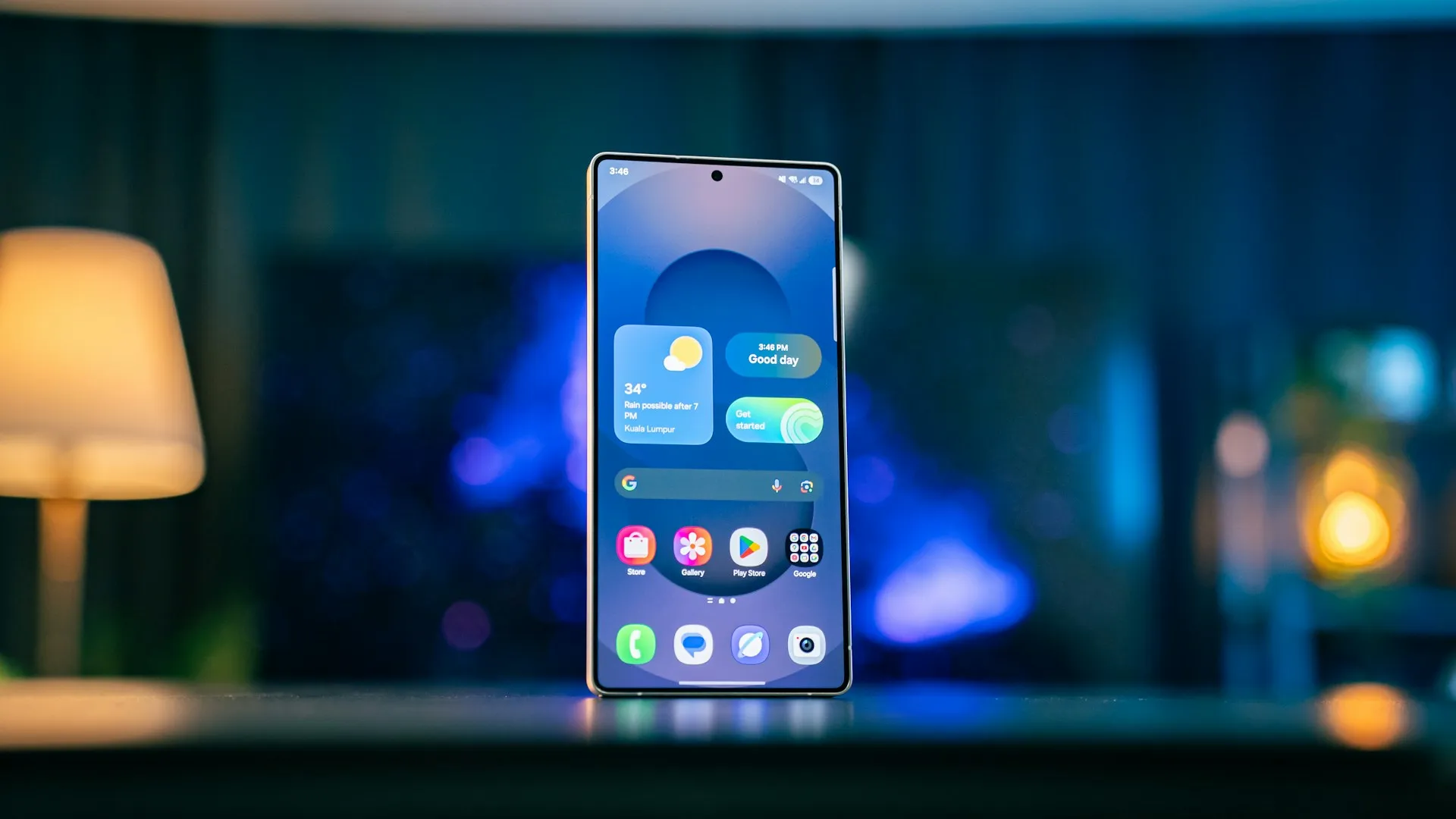
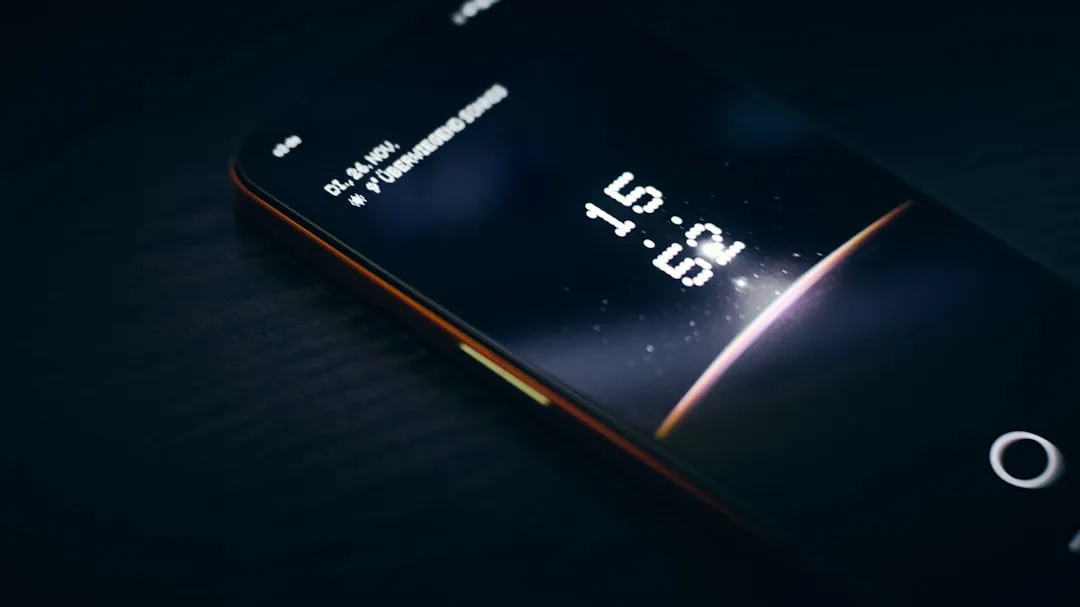
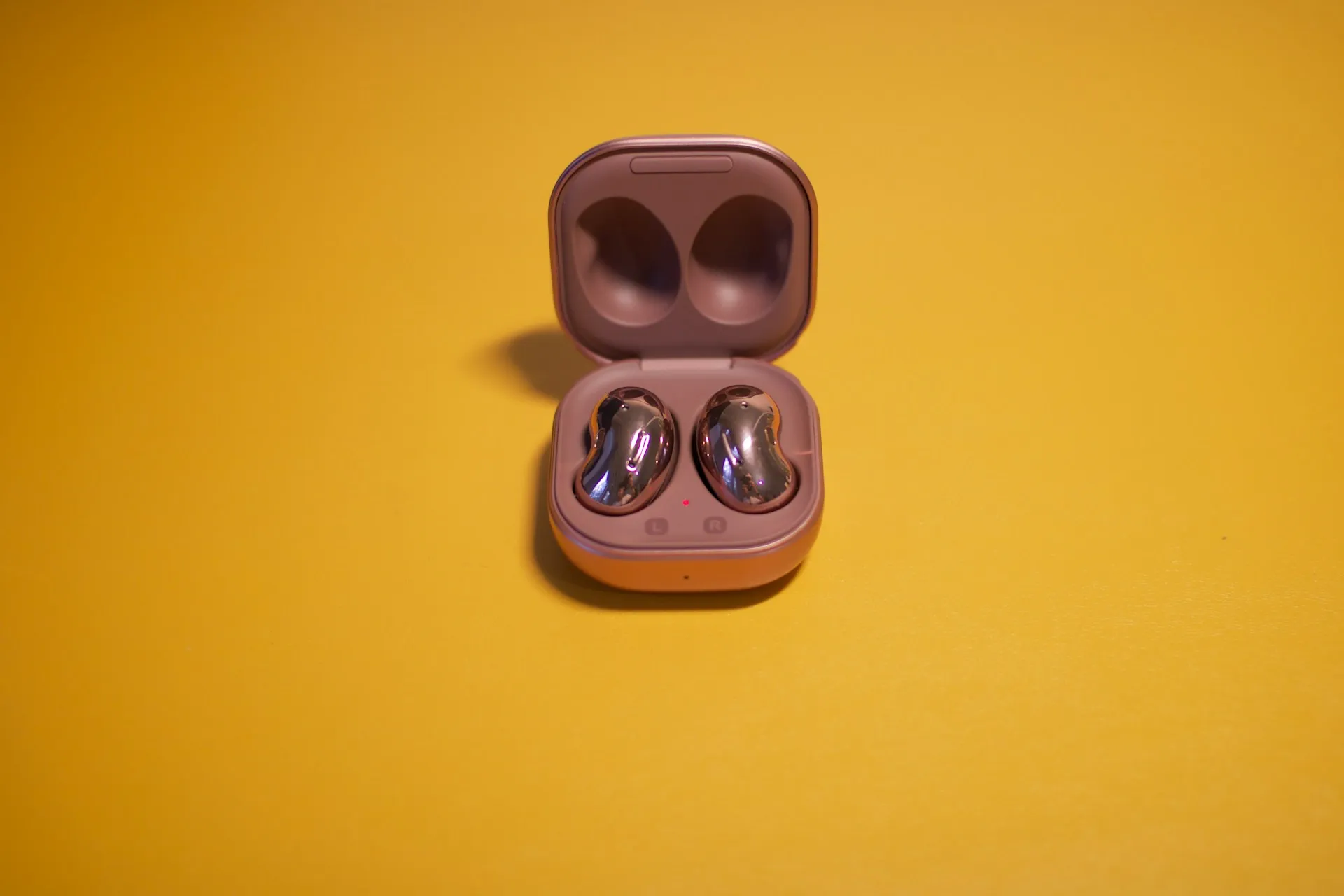
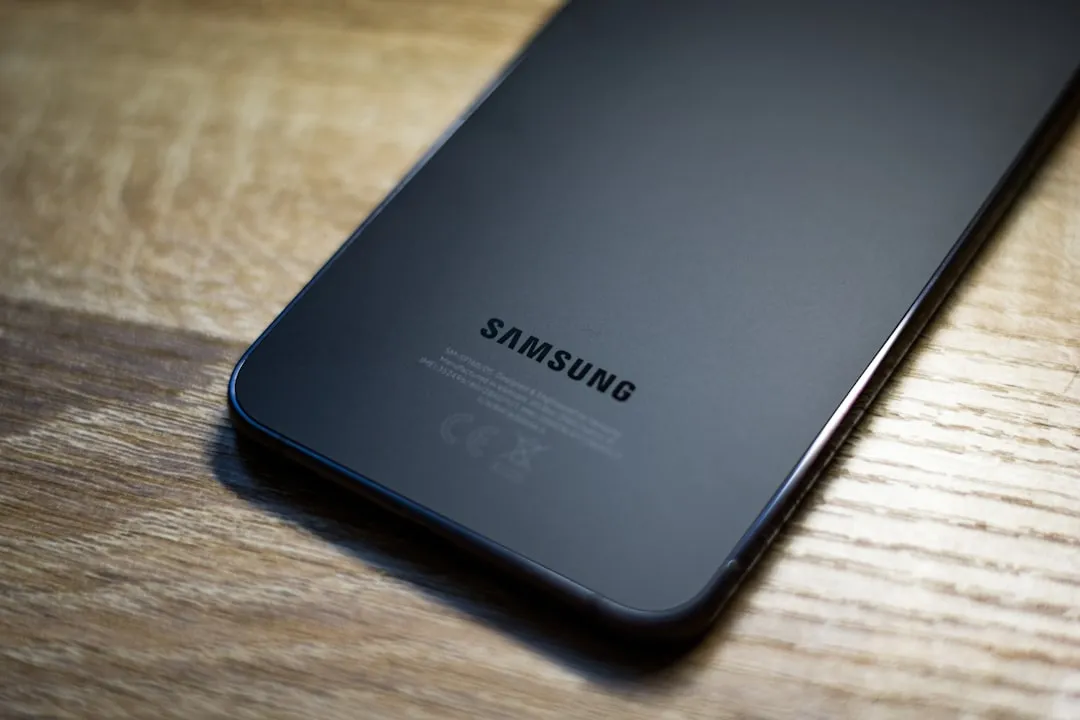

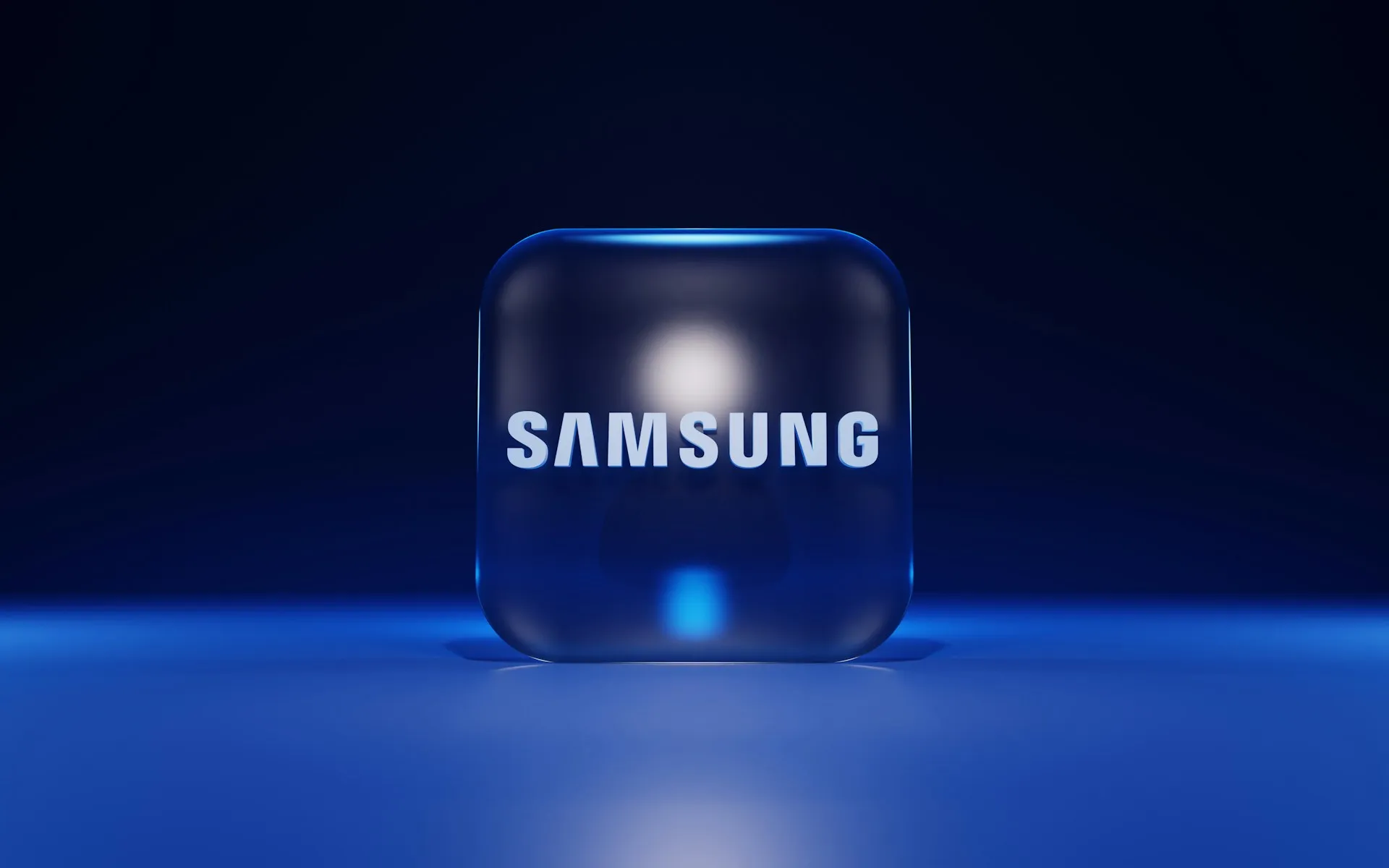

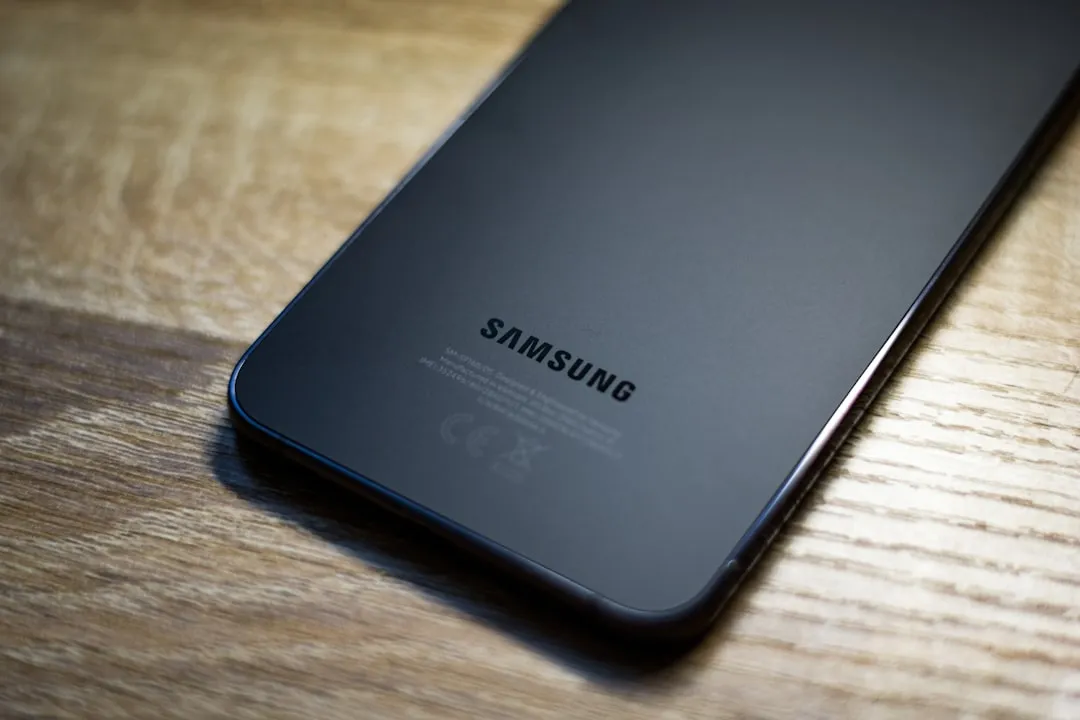


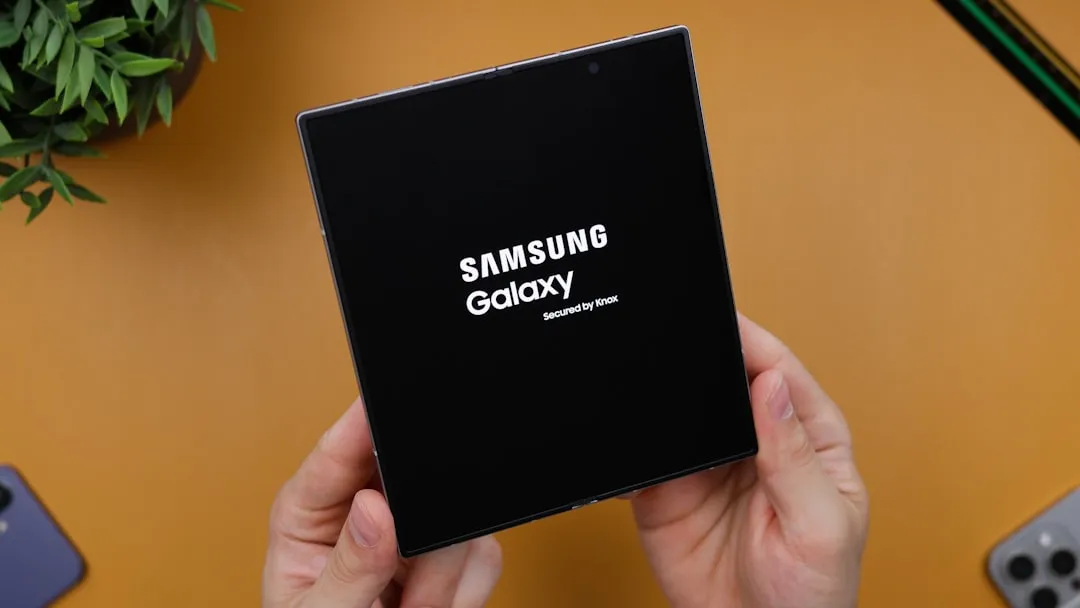
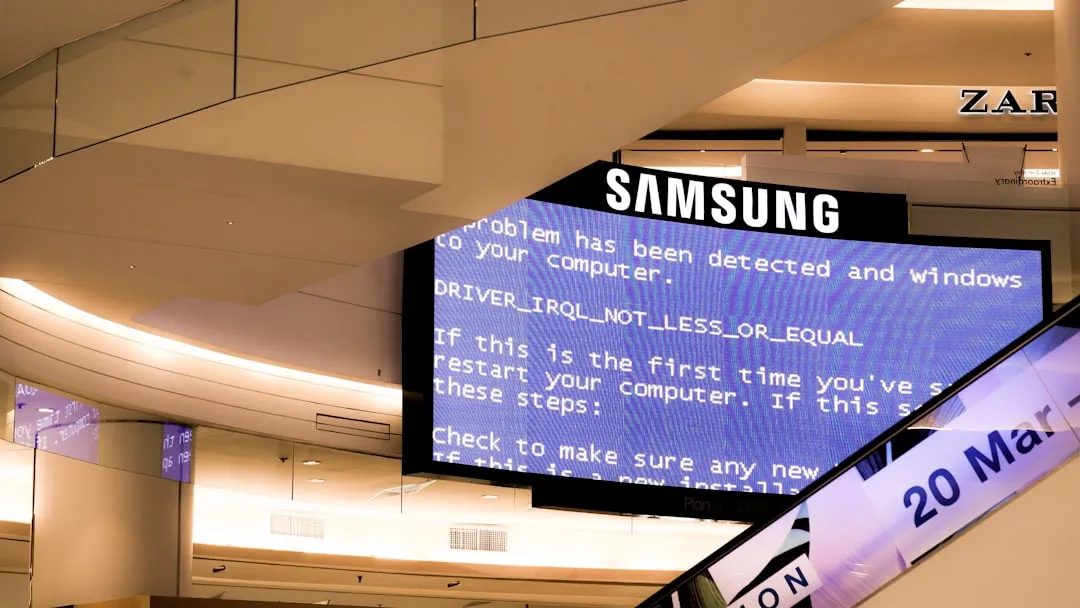
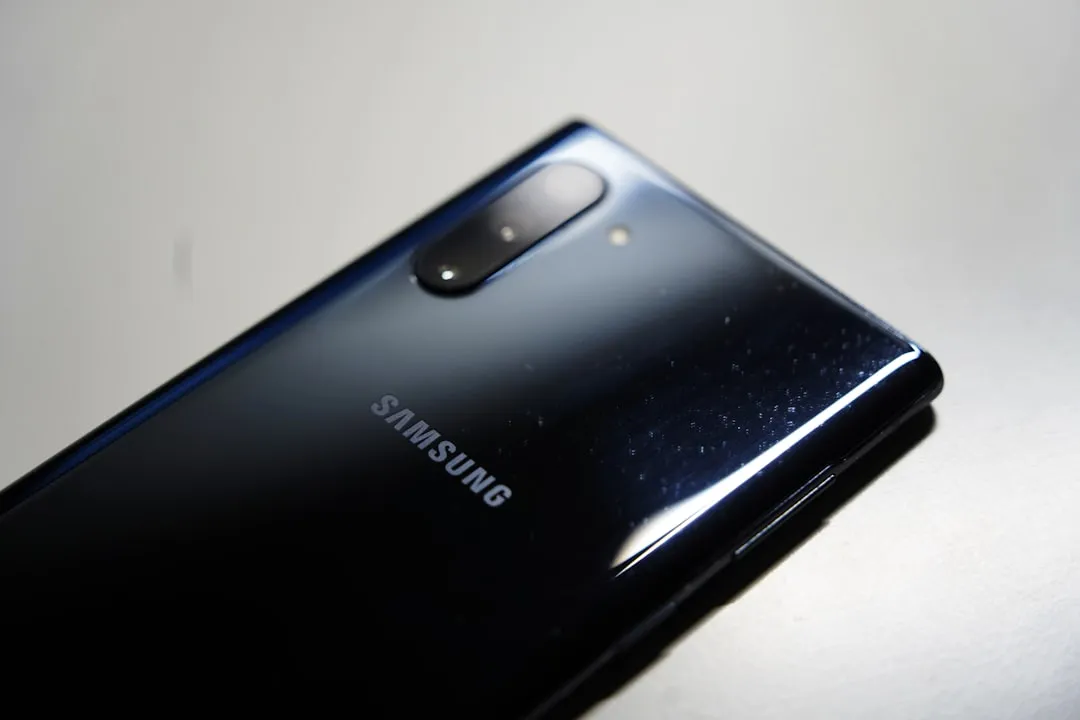
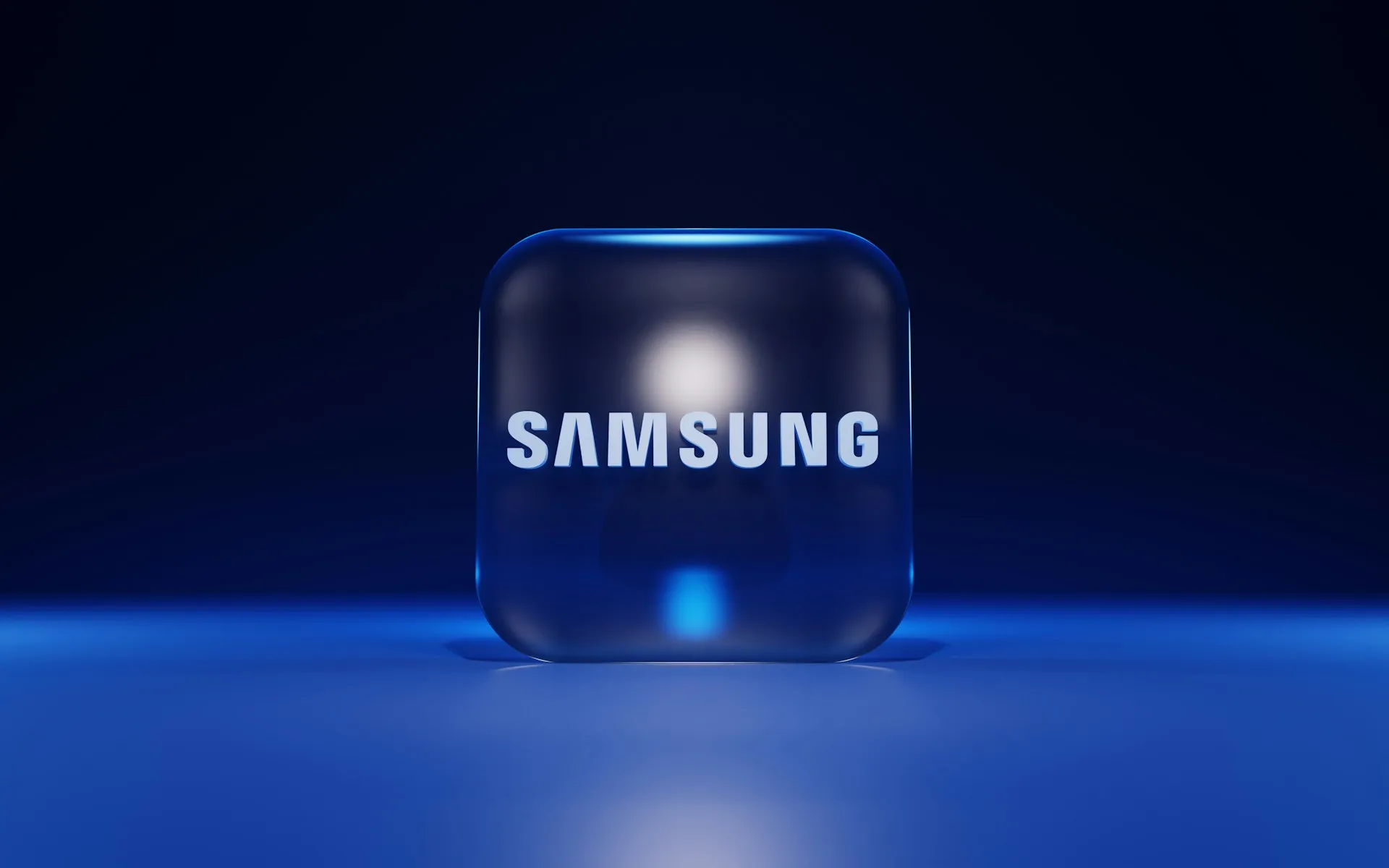
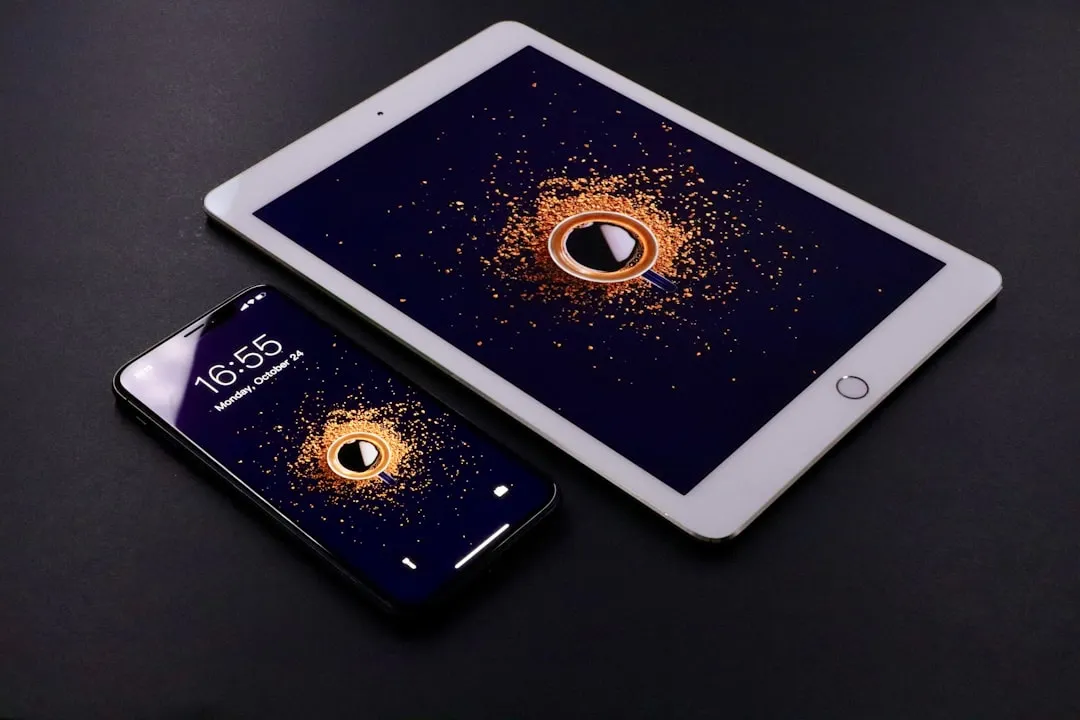
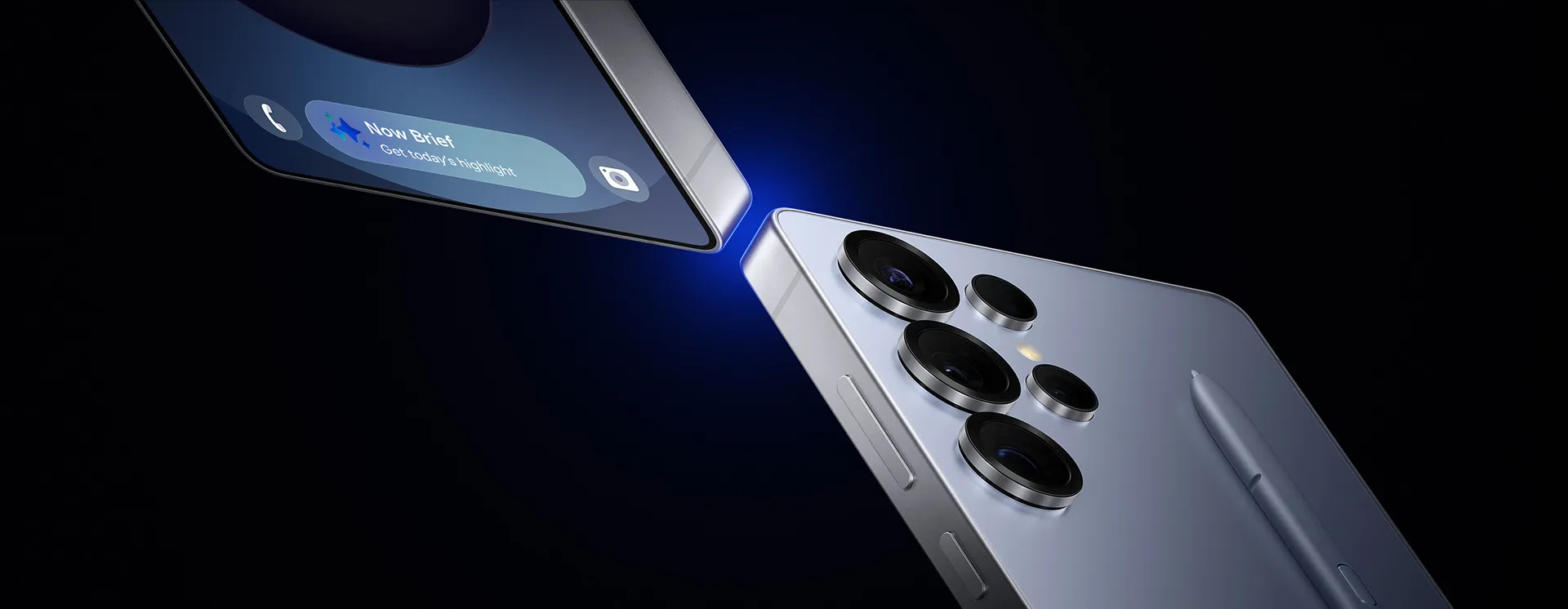
Comments
Be the first, drop a comment!